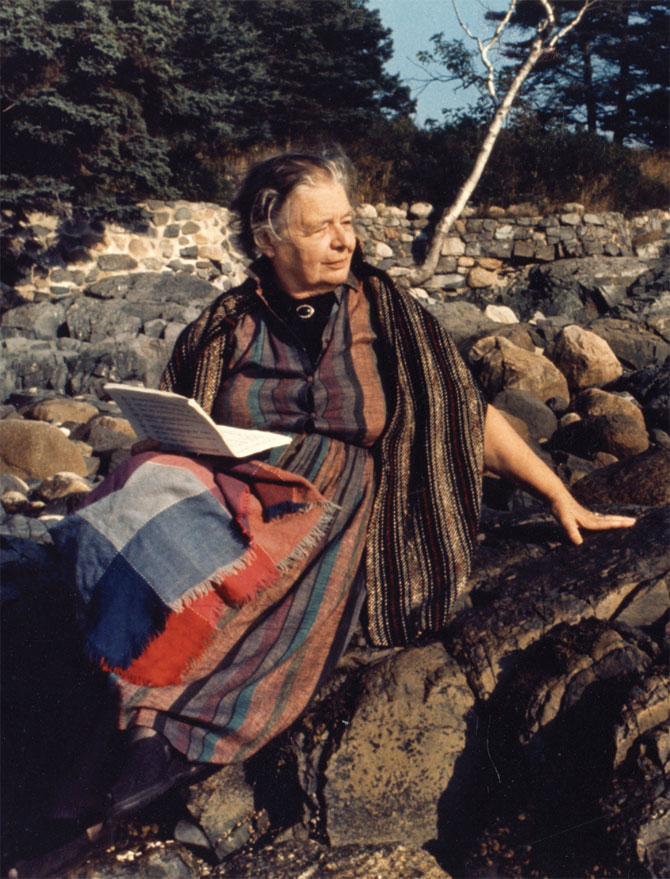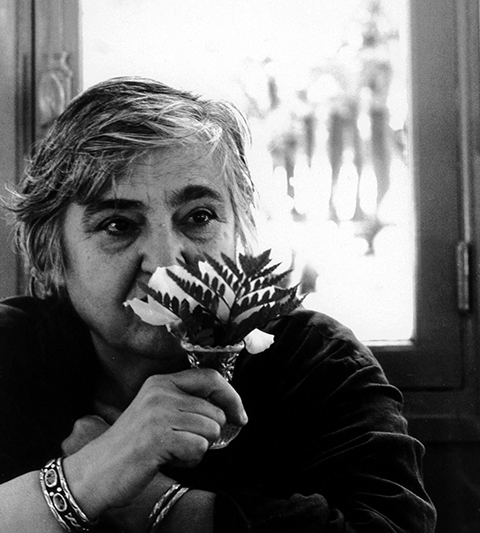NYC Readings Roundup :: May 13-19
Editor’s note: welcome to the 11th iteration of our new weekly series, the Readings Roundup…which you might notice is growing steadily! Sorry if I’m repeating myself to some of you but if this is your first time here it bears
ANNOUNCING :: Exit Strata: PRINT! Vol. 2 :: Launch & Party!
We are excited to announce the publication of Exit Strata: Print! Vol. 2, coming soon to a bookstore near you. Our second print issue of Exit Strata includes an incredible collection of poetry, fiction, play excerpts, prose, and conceptual work from
WORD / TECH :: ERIC MEYER's BEAUTIFUL, SURPRISING CULTURE BATTLE FIELD NOTES SERIES
A funny thing happened on the way to Naropa. And on the way back from Naropa. And in the utopian internet space we chose to turn into a rhizomatic, collaborative community after this summer's writing program ended. Online we gathered,
WORD: Get Your Lit Crawl On (NYC Style)! – Douglas Wright
Fall is here, the weather is breezy, and it's high time to slip on your 1940s vintage frames and that tweed jacket with the elbow patches and come out for Lit Crawl NYC this weekend.
POETRY MONTH 30/30/30: Inspiration, Community, Tradition: DAY 25 :: Ana Bozicevic on Marguerite Yourcenar
 disclaimer, from Ana: "if you need a word about why I am featuring a novelist as a poetic influence; her work is poetic to the point of absurdity." et alors...
---
I, YOUrcenar.
None of my friends seem to give a shit about Marguerite Yourcenar. Sure, someone’s father read her in the 80s—probably Memoirs of Hadrian—and there was an interview in the Paris Review with her just then—just at her death. Naming her as an influence has been taken at times (dans mon cas) as an affectation. {This is supposed to be personal, so I’m making it so. But what isn’t? There’s no person, so person’s everywhere.} So this is what I can tell you about Marguerite Yourcenar & “I” (“L’être que j’appelle moi”/the person I call myself, as she puts it):
That
- it was my father who introduced me to her. And started me toward owning most of her books.
- “I” passed her novella of incestuous love, Anna Soror, around my Croatian high school like the mind-porn that it sure was.
- “I” translated parts of her Fires, a reimagining of antique myths—especially the one about Sappho—and made an offering of them to a young woman. This was my idea of courtship; should’ve read Plato’s Lysis first.
- when “I” had a blog for four years, called Quoi? L’Eternité. it was named thus after Yourcenar’s memoirs, not Rimbaud. She also introduced me to Yukio Mishima.
That’s enough now. But from a current vantage, it’s incredibly ironic that Yourcenar’s writing should have served as a queer f-to-f offering – considering the fact that though she quite likely was queer, she was also very oblique about it – what I’ve heard called “old school.” Here’s a passage from that Paris Review interview cited here without value judgment – neither for Yourcenar nor her interviewer and his “deviance:”
disclaimer, from Ana: "if you need a word about why I am featuring a novelist as a poetic influence; her work is poetic to the point of absurdity." et alors...
---
I, YOUrcenar.
None of my friends seem to give a shit about Marguerite Yourcenar. Sure, someone’s father read her in the 80s—probably Memoirs of Hadrian—and there was an interview in the Paris Review with her just then—just at her death. Naming her as an influence has been taken at times (dans mon cas) as an affectation. {This is supposed to be personal, so I’m making it so. But what isn’t? There’s no person, so person’s everywhere.} So this is what I can tell you about Marguerite Yourcenar & “I” (“L’être que j’appelle moi”/the person I call myself, as she puts it):
That
- it was my father who introduced me to her. And started me toward owning most of her books.
- “I” passed her novella of incestuous love, Anna Soror, around my Croatian high school like the mind-porn that it sure was.
- “I” translated parts of her Fires, a reimagining of antique myths—especially the one about Sappho—and made an offering of them to a young woman. This was my idea of courtship; should’ve read Plato’s Lysis first.
- when “I” had a blog for four years, called Quoi? L’Eternité. it was named thus after Yourcenar’s memoirs, not Rimbaud. She also introduced me to Yukio Mishima.
That’s enough now. But from a current vantage, it’s incredibly ironic that Yourcenar’s writing should have served as a queer f-to-f offering – considering the fact that though she quite likely was queer, she was also very oblique about it – what I’ve heard called “old school.” Here’s a passage from that Paris Review interview cited here without value judgment – neither for Yourcenar nor her interviewer and his “deviance:”
POETRY MONTH: 30/30/30: Inspiration, Community, Tradition: DAY 12 :: Frank Sherlock on Etel Adnan
 Etel Adnan was born in 1925 in Beirut, Lebanon. Her father was a Syrian Muslim and her mother was a Greek Christian. She was raised speaking French, English, and her father taught her written Arabic. Adnan studied philosophy at the Sorbonne, Paris, University of California, Berkeley, and Harvard. She has many books of poetry and fiction published, including Paris When It's Naked, Of Cities and Women, and Sitt Marie Rose, which has been translated into over ten languages and is considered a classic of Middle Eastern literature. She also creates oils, ceramics and tapestry.
“A life spent writing has taught me to be wary of words. Those that seem clearest are often the most treacherous.” So begins Amin Malouf's In the Name of Identity: Violence and the Need to Belong. [Ed: free e-book/pdf at link] As words are navigated into the public sphere, to be watchful requires an interrogation of language, conscious of its make up and observant of mutations as it travels across borders and time.
Etel Adnan was born in 1925 in Beirut, Lebanon. Her father was a Syrian Muslim and her mother was a Greek Christian. She was raised speaking French, English, and her father taught her written Arabic. Adnan studied philosophy at the Sorbonne, Paris, University of California, Berkeley, and Harvard. She has many books of poetry and fiction published, including Paris When It's Naked, Of Cities and Women, and Sitt Marie Rose, which has been translated into over ten languages and is considered a classic of Middle Eastern literature. She also creates oils, ceramics and tapestry.
“A life spent writing has taught me to be wary of words. Those that seem clearest are often the most treacherous.” So begins Amin Malouf's In the Name of Identity: Violence and the Need to Belong. [Ed: free e-book/pdf at link] As words are navigated into the public sphere, to be watchful requires an interrogation of language, conscious of its make up and observant of mutations as it travels across borders and time.
FICTION: Gardens by David Meiklejohn [excerpt]




